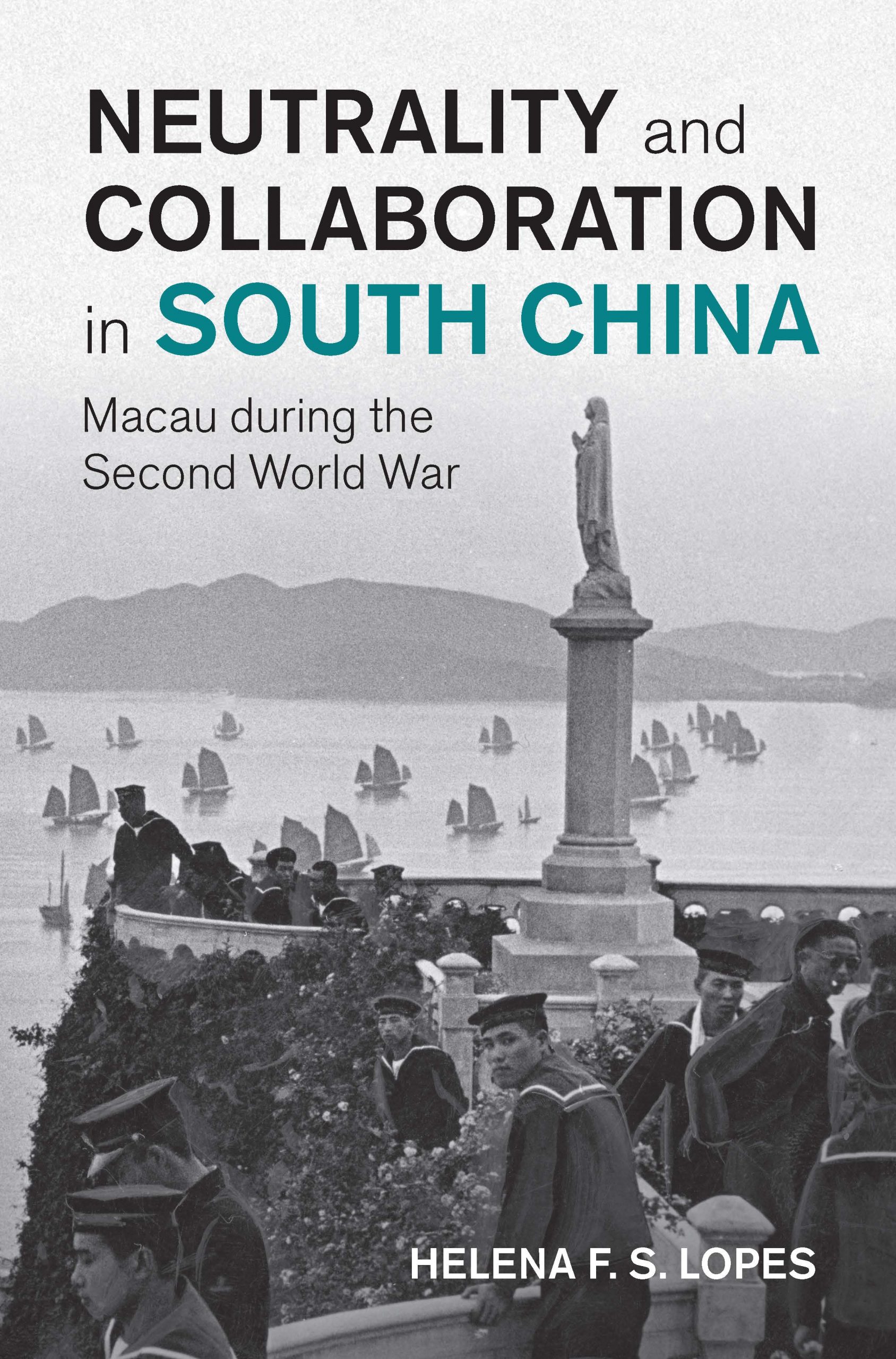New book: Neutrality and Collaboration in South China
11 October 2023How could a small East Asian territory of 15 Km2 be a hub for global connections in World War Two? In my first book, Neutrality and Collaboration in South China: Macau in the Second World War (Cambridge University Press, 2023), I explore the wartime experience of an often-overlooked colonial enclave in South China.

Under Portuguese rule from the sixteenth century to 1999, Macau was a ‘global city’ that connected China to other parts of the world through networks of migration (voluntary or forced), trade (‘legal’ or ‘illegal’), and circulations of ideas (including religious and political ideas, amongst others). Despite its long history of transimperial and transnational interactions, Macau is often absent in studies of China’s international relations and imperialism in Asia, and especially so in studies focusing on the twentieth century.
Yet, it was precisely in the 1930s and 1940s, during China’s War of Resistance against Japan (a conflict with origins in 1931 that raged as an all-out war since 1937 – arguably the start of a global World War Two), that the territory experienced one of the most extraordinary periods in its history. Macau became the only foreign-ruled territory in China not occupied by Japan, its nominal neutral status turning it into a refugee city where newcomers trebled the pre-existing population.
At the intersection of international and social history, and considering the interplay of local, regional, and global dynamics, my new book explores the uses and abuses of neutrality in Macau and argues that these generated a range of overlapping layers of collaboration involving different actors with competing interests. These actors and competing interests included Chinese Nationalists, Communists and collaborators with Japan, Portuguese colonial authorities, British and Japanese representatives, and hundreds of thousands of refugees. Around half a million people found themselves in Macau during the war years. Displaced persons of various nationalities (most of whom were Chinese) – especially hailing from Shanghai, occupied areas of Guangdong province and, from 1942 to 1945, Hong Kong – profoundly shaped Macau’s everyday life, from politics to the economy, from education to the arts.
Although focused on a small territory, the book places Macau’s connectivity front and centre, showing how at a time of heightened disruption it remained connected to occupied and unoccupied China and beyond. Diplomacy, migrant communities, and resistance networks were key to these connections. Crucially, Macau remained closely linked with neighbouring Hong Kong (occupied by Japanese forces between December 1941 and the end of the war) and that link is important to understand why both Macau and Hong Kong remained under colonial rule in the aftermath of the war, in contrast with other territories in China. Part of my current research is expanding on these connections, delving further into the limits of decolonisation in China in the post-war.
Dr Helena F. S. Lopes is Lecturer in Modern Asian History at Cardiff
To find out more about Dr Lopes work, visit Dr Helena Lopes – People – Cardiff
- American history
- Central and East European
- Current Projects
- Digital History
- Early modern history
- East Asian History
- Enlightenment
- Enviromental history
- European history
- Events
- History@Cardiff Blog
- Intellectual History
- Medieval history
- Middle East
- Modern history
- New publications
- News
- Politics and diplomacy
- Research Ethics
- Russian History
- Seminar
- Social history of medicine
- Teaching
- The Crusades
- Uncategorised
- Welsh History